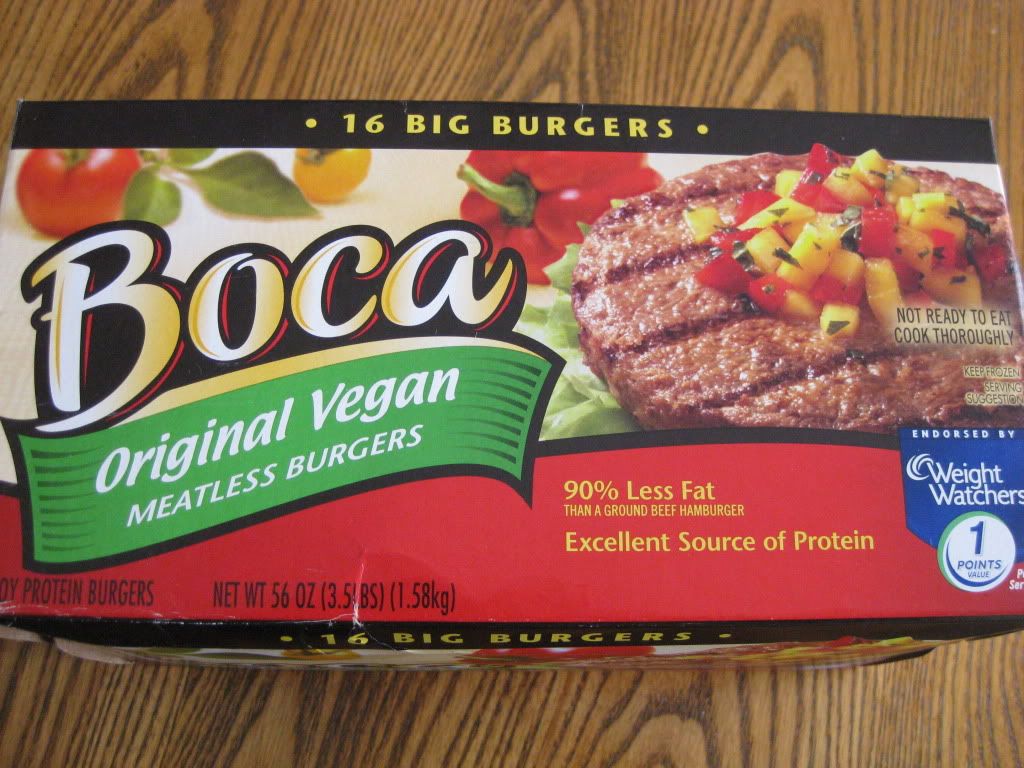
“No consumer could reasonably be misled into thinking Vitaminwater was a healthy beverage.”
Straight from the legal briefs penned by parent company Coca Cola’s legal team.
When Energy Brands became a subsidiary of Coca Cola, Glaceau founder and CEO J. Darius Bikoff commented, “It’s a perfect match connecting the hottest active lifestyle brand with the full resources of the world’s best beverage company. To best understand today’s announcement, you really need to go out, buy a bottle of Vitaminwater and try it for yourself to see how well it works.”
Of course, we are judged by the company we keep. Or in this case, the company that signed on to help Biskoff expand his empire on a global scale.
Vitaminwater was in the news this week after U.S. Magistrate Judge Robert Levy gave the go-ahead for a class action suit brought by the Center for Science in the Public Interest back in 2009. The CSPI suit alleges marketing Vitaminwater as a "healthful alternative to soda is deceptive and violates FDA guidelines. Per CSPI nutritionists, "the 33 grams of sugar in each bottle of Vitaminwater do more to promote obesity, diabetes, and other health problems than the vitamins in the drinks do to perform the advertised benefits listed on bottles."
So, what's the scoop behind the popular thirst quencher?
I looked at the label for XXX, which I admit was my Vitaminwater Zero of choice before I got hip to the pitch. The "acai-blueberry-pomegranate" label announces the "power of triple antioxidants to keep you healthy and fight free radicals."
Sounds good. Except the ingredient list notes, "contains less than 1 percent juice. No acai. No blueberry. No pomegranate. The berry and fruit extracts may account for the vitamin C and polyphenols but enriching foods or beverages with supplements has not been proven to boost immune systems or much of anything else.
Nutrition experts note the benefits of antioxidants come from the thousands of compounds present together in a single peach or carrot. Not from a vitamin pill or fortified and enriched food.
Vitaminwater follows the sketchy path of a myriad of pharma-foods like the "cholesterol fighting" margarine and health food chocolate sandwich cookies posing as a fun substitute for a stalk of broocoli or bowl of steel cut oatmeal.
Processed foods and drinks won't provide the same bang as you'll get from eating a juicy summer peach from the farmstand or jewel-hued beets from the farmers market.
Follow the advice of Michael Pollan.
Eat food.
Mostly plants.
Not too much.
A health coach can help you transition from a diet of processed foods and takeout to meals highlighting whole foods. For more information, contact me at info@bethckramer.com.
A health coach can help you transition from a processed diet to one focused on whole foods. For more information, contact me at

